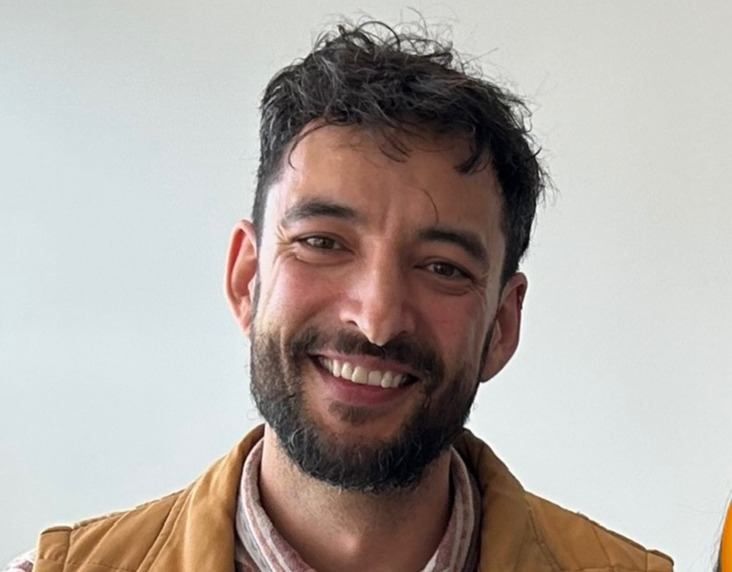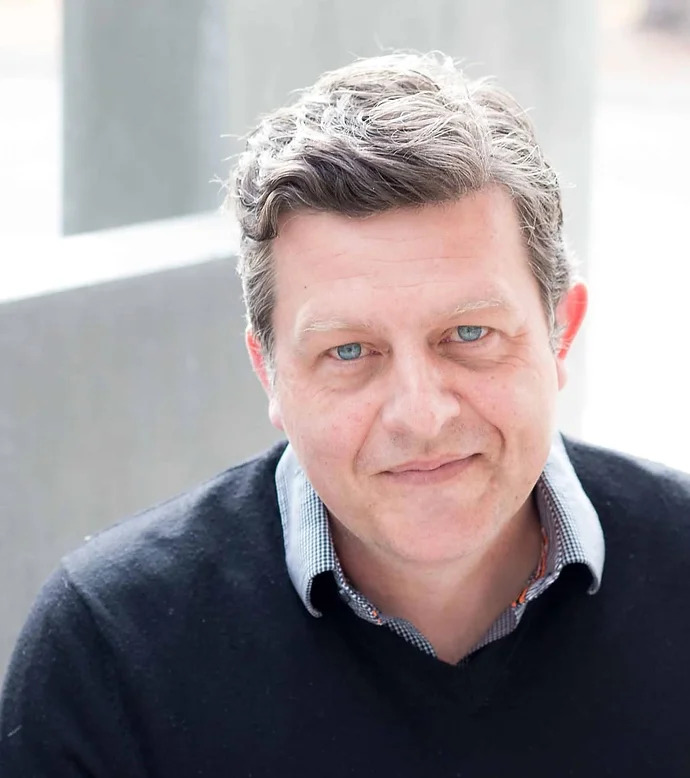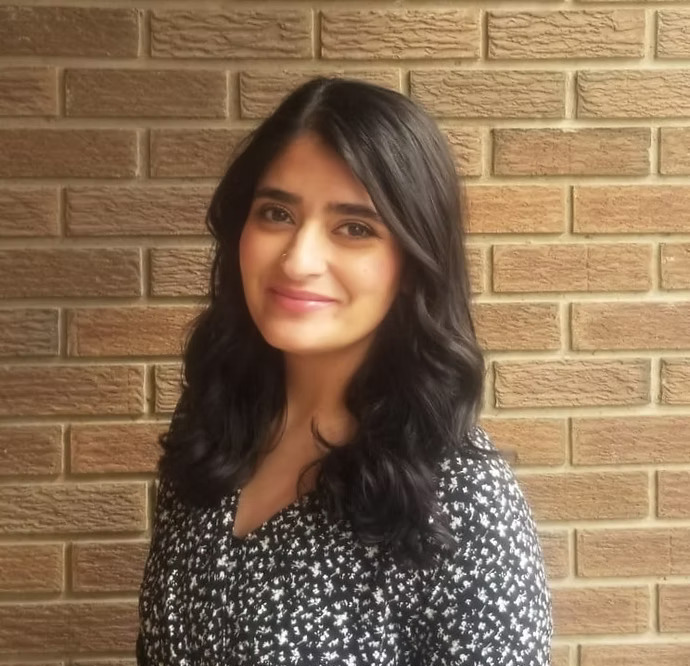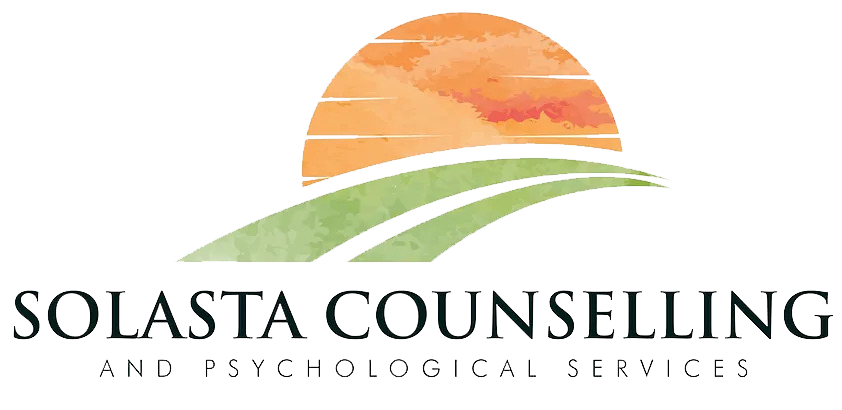Trauma Therapy Calgary
Our compassionate therapists offer EMDR and CBT to support recovery from trauma’s emotional and physical effects.

What is Trauma and How Can Therapy Help?
Trauma can result from various life experiences, including accidents, abuse, natural disasters, loss of a loved one, or witnessing violence. “What exactly is trauma?” Trauma occurs when an individual feels emotionally or physically overwhelmed by an event or series of events, leading to a lasting impact on their mental health.
Therapy can help you process traumatic memories, reduce the emotional charge attached to them, and develop healthier coping strategies.
Why Should I Seek Therapy for Trauma?
Therapy helps individuals understand the impact of trauma, process their experiences, and work through the emotions associated with it.
Trauma therapy Calgary not only supports healing but also helps restore a sense of safety and control in your life.

Types of Trauma We Address
At Solasta, we help individuals navigate the effects of various traumatic experiences.

Our therapists are skilled in using evidence-based methods to address the unique challenges each person faces. We provide tailored therapy for a range of trauma types, ensuring personalized care.
Some of the most common trauma-related issues we work with include:
Physical Abuse
Physical abuse can leave lasting scars, both emotionally and physically.
“How can therapy help after experiencing physical abuse?”
Therapy helps survivors of physical abuse process their trauma, rebuild self-esteem, and regain trust in others. EMDR and CBT are effective treatments for helping individuals work through these painful memories.
Emotional or Psychological Abuse
Emotional abuse can be difficult to recognize, but its effects can be just as damaging as physical abuse.
“What if my trauma is emotional or psychological?”
EMDR and CBT help individuals address negative beliefs about themselves, restore a sense of self-worth, and heal from emotional wounds.
Sexual Abuse or Assault
Sexual trauma is often deeply disturbing and can have a significant impact on mental health.
“How can therapy help after sexual assault?”
Therapy provides a safe environment to process the trauma, reduce shame and guilt, and work through the emotional aftermath of sexual abuse. Both EMDR and CBT are commonly used to address these sensitive issues.
Witnessing Violence or Trauma
Witnessing violence or traumatic events can leave individuals feeling helpless, fearful, or disconnected.
“How can therapy help after witnessing a traumatic event?”
Trauma therapy Calgary can help you process the experience, reduce symptoms of post-traumatic stress, and regain emotional balance.
Childhood Neglect or Abandonment
Early life experiences of neglect or abandonment can create long-term emotional and psychological challenges.
“Can therapy help if I experienced childhood neglect?”
Yes, therapy can help you heal from childhood trauma and develop healthier coping mechanisms, building a foundation for emotional resilience and well-being.
Complex Trauma
Complex trauma refers to repeated or prolonged exposure to traumatic events, often over an extended period.
“How is complex trauma different from a single traumatic event?”
Complex trauma can involve multiple events or sustained stress, such as childhood abuse or living in a war zone. Therapy helps individuals process these multiple layers of trauma and regain a sense of control and peace.
Post-Traumatic Stress Disorder (PTSD)
PTSD occurs when an individual continues to experience symptoms long after a traumatic event.
“What if I have PTSD?”
Therapy for PTSD, including EMDR and CBT, can help individuals reprocess traumatic memories and reduce symptoms like flashbacks, hypervigilance, and anxiety.
EMDR Therapy for Trauma Recovery
At Solasta Counselling, we offer Eye Movement Desensitization and Reprocessing (EMDR), an evidence-based therapy that has been proven to be effective in treating trauma. “What is EMDR and how can it help me with trauma?” EMDR is a therapeutic technique that helps individuals process and reframe distressing memories by using bilateral stimulation (such as eye movements or tapping).
This technique helps reduce the emotional intensity of traumatic memories and allows individuals to integrate those memories in a way that doesn’t trigger distress.
EMDR helps people with PTSD, anxiety, and other trauma-related conditions process their trauma in a safe and controlled way.
“Is EMDR really effective for trauma?”
Research has shown that EMDR can help reduce the symptoms of trauma significantly, allowing individuals to heal faster than with traditional talk therapies alone.

Cognitive Behavioural Therapy for Trauma
Cognitive Behavioural Therapy (CBT) is another highly effective treatment for trauma. “What is CBT and how does it help with trauma?” CBT focuses on helping individuals recognize and challenge the negative thought patterns and behaviours that arise from traumatic experiences.
By changing these thought patterns, individuals can reduce symptoms such as anxiety, depression, and intrusive memories.
CBT also teaches coping skills to manage distressing emotions and helps individuals rebuild a sense of safety and control.
“How can CBT help me if I’m constantly thinking about my trauma?”
CBT helps individuals break the cycle of rumination and anxiety by teaching practical tools to manage thoughts and emotions in a healthier way.

Benefits of Trauma Therapy Calgary
Trauma therapy offers significant benefits for mental and emotional healing.

It provides a supportive space to process difficult experiences and regain control of your life. By addressing the underlying effects of trauma, therapy can promote emotional regulation, improve relationships, and help individuals lead more fulfilling lives. Key benefits include:
Processing and Healing from Traumatic Experiences
Trauma therapy helps individuals understand and process their traumatic experiences, allowing for emotional healing and growth.
“How will therapy help me heal from my trauma?”
By processing memories and addressing the emotional pain associated with them, therapy enables you to move forward in a healthier, more balanced way.
Improving Emotional Regulation
Trauma often leads to heightened emotional responses, such as anger, anxiety, or sadness.
“How can therapy help me control my emotions?”
Therapy helps you learn emotional regulation techniques, allowing you to manage strong emotions and respond to triggers in a healthier way.
Building Healthy Coping Strategies
Therapy teaches healthy coping mechanisms for managing stress and difficult emotions.
“What coping strategies can therapy offer?”
From mindfulness and grounding exercises to relaxation techniques, therapy equips you with tools to manage distress and anxiety in your everyday life.
Restoring a Sense of Safety and Control
Trauma can leave you feeling out of control or unsafe.
“How will therapy help me feel safe again?”
Trauma therapy helps you regain control over your thoughts, emotions, and body, allowing you to feel more secure in your environment and in your relationships.
Improving Relationships and Social Connections
Trauma can affect your ability to trust and connect with others.
“Can therapy help me trust people again?”
Yes, therapy helps you rebuild trust in others and improve communication, allowing you to form healthier relationships.
What to Expect During Trauma Therapy at Solasta
Our therapists are dedicated to creating a safe and supportive space where you can explore and heal from your trauma.

Comprehensive Assessment and Personalized Treatment Plan
Your therapist will begin with a thorough assessment to understand your trauma and its impact on your life.
“How will my therapy be tailored to my needs?”
Based on your specific experiences, we will create a treatment plan that incorporates EMDR, CBT, or a combination of both to help you process your trauma effectively.
Trauma-Informed Care
We provide trauma-informed therapy, ensuring that every session is conducted with sensitivity to the effects of trauma on your emotional and physical well-being.
“What does trauma-informed care mean?”
It means that our therapists are mindful of your trauma history and take extra care to create a safe, supportive environment throughout the healing process.
Ongoing Support and Guidance
Trauma recovery is a journey, and our therapists will support you every step of the way.
“How long will therapy take?”
The length of therapy depends on the severity and complexity of your trauma, but we work with you to set realistic goals and timelines for healing.
Common Questions About Trauma Therapy
Whether your trauma is recent or from years ago, therapy can help you reclaim your emotional well-being.

How Do I Know if I Need Therapy for Trauma?
If you are experiencing persistent symptoms such as flashbacks, anxiety, difficulty sleeping, or emotional numbness, therapy can help.
“Can I heal from trauma on my own?”
While some healing can occur naturally, trauma therapy provides the tools and support necessary for deeper healing and long-term recovery.
Can Emdr Therapy Help With Past Trauma?
Yes, EMDR is specifically designed to help individuals process past traumatic experiences by desensitizing negative memories and emotions.
“How soon will I feel better with EMDR?”
Many people experience significant relief after a few sessions, but the timeline can vary depending on the complexity of your trauma.
How Does Cbt Help With Trauma-related Anxiety?
CBT helps individuals identify and challenge the negative thought patterns that contribute to anxiety.
“What if I keep worrying about my trauma?”
CBT teaches practical skills to manage anxiety, allowing you to break free from rumination and regain a sense of control.
Can Therapy Help if My Trauma Happened a Long Time Ago?
Yes, therapy can help individuals process trauma, no matter when it occurred.
“Is it too late to heal from trauma?”
It’s never too late to heal. Therapy can help you process past trauma and reduce its ongoing impact on your life.

Begin Your Healing Journey with Trauma Therapy in Calgary
Let us help you regain control, find peace, and rebuild a fulfilling life.
Calgary Counselling and Psychology Services
Our Calgary psychologists have a wide range of experience and expertise in understanding the unique needs of our clients and helping you reach your therapy goals.
CAP
All of our psychologists are registered with the College of Alberta Psychologist.
PAA
Many of our psychologists are members of the Psychology Association of Alberta.
CCPA
Many of our psychologists are members of the Canadian Counselling and Psychotherapy Association.
Therapists Specializing in Trauma Therapy

Only

Only

Only

Only

Only

Only

Only

Only

Only

Only

Only

Only

Only

Only
We’re Located in Calgary, Alberta
We provide counselling and psychological services in-person in Calgary and online counselling throughout Alberta.
Suite 200, 1716 16 Ave NW, Calgary AB
*free parking behind the building
Our Calgary Office Space
Our thoughtfully designed counselling spaces are crafted to create a warm, welcoming environment where you can feel completely at ease.







Get Started With Solasta in Three Easy Steps
Find Your Therapist
Book Online
Choose a date and time that fits your schedule and receive instant confirmation of your appointment.
In-person or Online
Visit our welcoming Calgary office or meet with your therapist online from the comfort of your home.
FAQs
What types of therapy do you offer at Solasta Counselling?
At Solasta Counselling, we offer a wide range of evidence-based therapies tailored to your individual needs.
These include Cognitive Behavioral Therapy (CBT), Acceptance and Commitment Therapy (ACT), Dialectical Behavior Therapy (DBT), EMDR for trauma, Narrative Therapy, and Gottman Method Couples Therapy.
Each approach is designed to help address specific challenges, whether you’re dealing with anxiety, depression, relationship issues, grief, trauma, or other concerns.
How do I know if therapy is right for me?
Therapy can be helpful if you’re experiencing emotional or psychological challenges that affect your daily life, relationships, or well-being.
Common signs include persistent feelings of sadness or anxiety, difficulty coping with stress, or a desire for personal growth and self-discovery.
If you’re unsure, an initial consultation can help you explore your concerns and determine if therapy is a good fit for you.
What can I expect during my first session?
Your first session at Solasta Counselling will focus on understanding your unique situation and goals.
You’ll discuss your current challenges, personal history, and what you hope to achieve in therapy.
This session allows your therapist to tailor a treatment plan that suits your needs, while also giving you an opportunity to ask questions and build a comfortable, trusting relationship.
Do you offer virtual or in-person counselling sessions?
Yes, Solasta Counselling offers both virtual and in-person sessions to accommodate your preferences and needs.
Virtual therapy allows you to access support from the comfort of your home, while in-person sessions provide a private, welcoming environment at our Calgary location and throughout Alberta.
Both options ensure the same level of care and confidentiality.
How long does therapy usually take?
The length of therapy varies depending on your goals and the complexity of your concerns.
Some clients see improvement in just a few sessions, while others benefit from longer-term support.
Your therapist will work with you to set realistic expectations and adjust your treatment plan as you progress.
Is therapy confidential?
Yes, all sessions at Solasta Counselling are confidential.
We follow strict professional and legal guidelines to protect your privacy.
The only exceptions involve safety concerns, such as risks of harm to yourself or others, which your therapist will explain during your initial session.
